Patients suffer as medics' strike drags on
With healthcare services suspended, citizens transfer patients to private hospitals
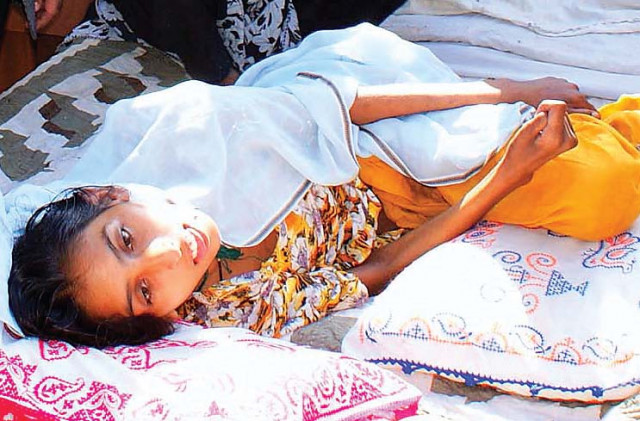
The ongoing protest cum strike of young doctors, nurses and paramedical staff against the privatisation of all major government hospitals and medium and small health facilities entered into seventh consecutive day on Friday, paralysing the healthcare system at the cost of patients across the Rawalpindi district.
Due to an 'extreme financial crisis', all major government hospitals, Basic Health Units (BHUs), and Rural Health Centres (RHCs) face imminent privatisation.
With Outpatient Departments (OPDs) and ward services completely shut down, the healthcare system across the district has become entirely paralysed.
Three of Rawalpindi's oldest and largest public hospitalsHoly Family Hospital, Benazir Bhutto General Hospital, and District Headquarters Hospitalhave reportedly been listed for potential sale.
With OPDs and ward services suspended, many citizens have begun transferring their patients from public to private hospitals. The number of patients in government hospital wards has drastically declined, and OPDs are nearly empty.
Senior doctors, including professors and department heads, have tacitly expressed full support for the Young Doctors Association (YDA)-led strike and are silently facilitating it. Even doctors, professors, nurses, and paramedics aligned with the Pakistan Muslim League-Nawaz (PML-N) have rejected the Punjab Chief Minister's policy to privatise public hospitals, labelling it anti-patient.
The Punjab government, health department, and district administration have completely failed to bring the strike to an end. Doctors, nurses, and paramedics have declared that they will not call off the strike until the government officially cancels the privatisation of hospitals, BHUs, and RHCs. Emergency services remain open, and healthcare professionals are fulfilling their duties there.
On Friday, a complete strike continued at all major hospitals in Rawalpindi, including the Tehsil Headquarters Hospitals (THQs) across the district.
The YDA also led protests and a boycott at allied hospitals under the provincial government in Rawalpindi. Doctors, nurses, and paramedics participated in the demonstrations, criticising the government's health policy. Protesters held placards and banners with slogans opposing the privatisation of public hospitals and primary health centres.
In protest, doctors boycotted OPDs and ward services and took to the streets. This caused significant difficulty for patients at state hospitals. Attempts by hospital administrations to convince the YDA to end the boycott proved unsuccessful.
Dr Arif Aziz, the president of the YDA at Benazir Bhutto Hospital, said that emergency and indoor services at the three hospitals are still operational, but the government must reverse its decision on hospital privatisation. He warned that if demands are not met, the boycott could expand to other departments.
A citizen, Haji Nasir Fayyaz, who was seen taking his hospitalised son home from Benazir Bhutto Hospital, said, "My son was admitted for days, but no doctor or nurse came to check on him. I'm left with no choice but to discharge him and take him to a private hospital."



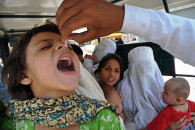
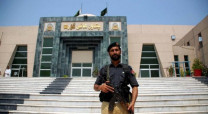
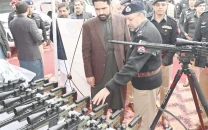
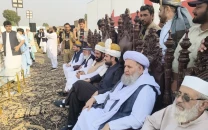
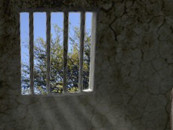












COMMENTS
Comments are moderated and generally will be posted if they are on-topic and not abusive.
For more information, please see our Comments FAQ